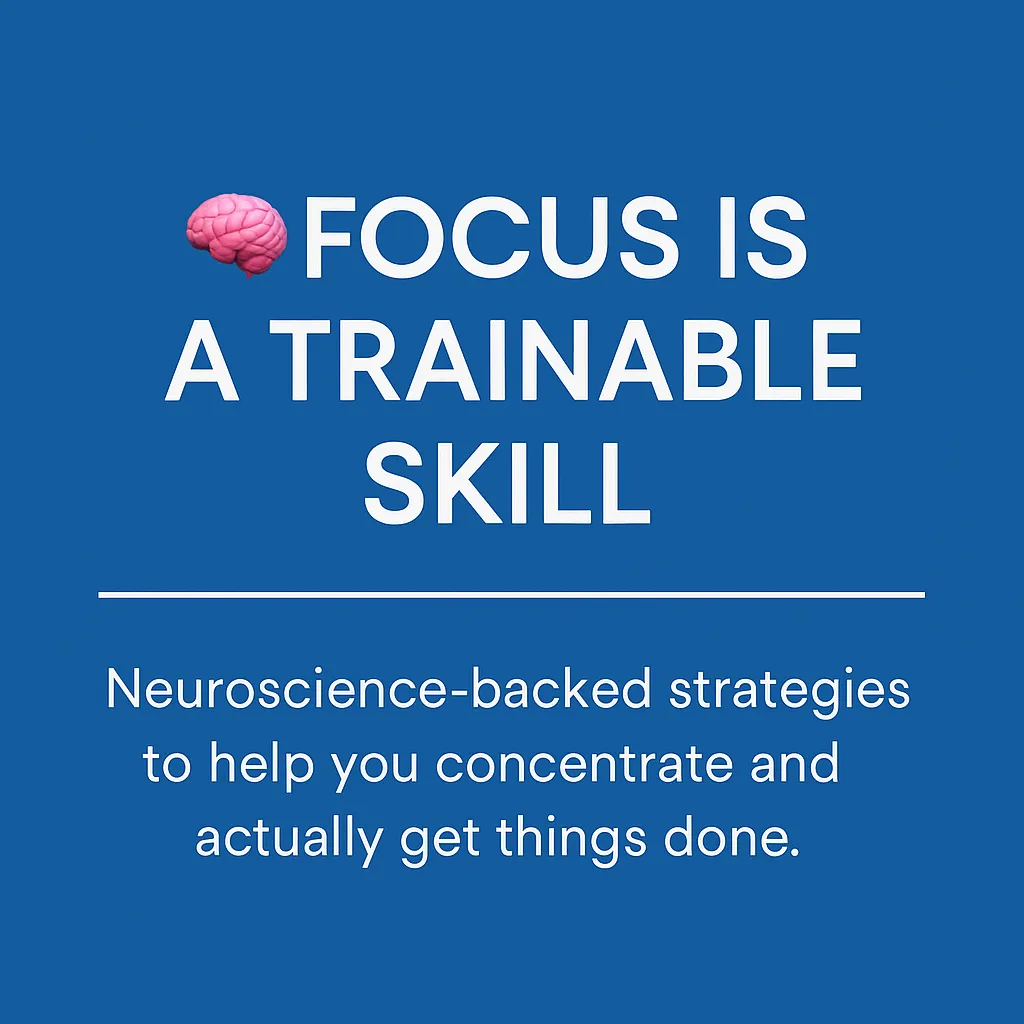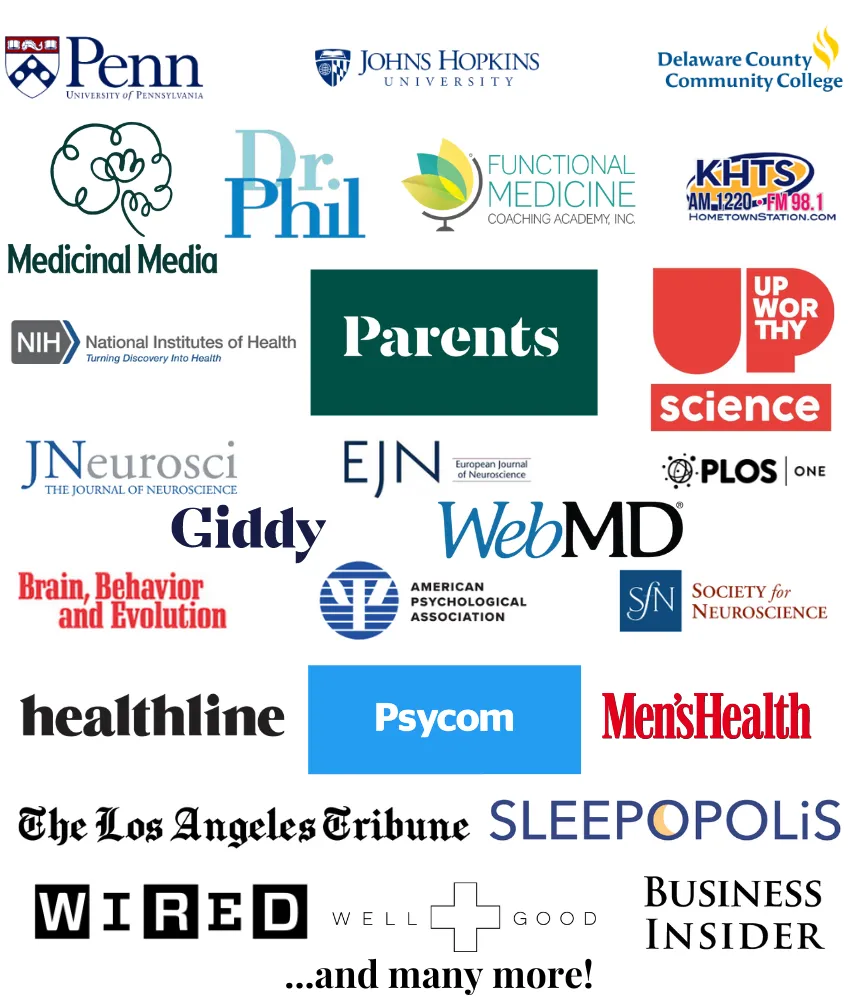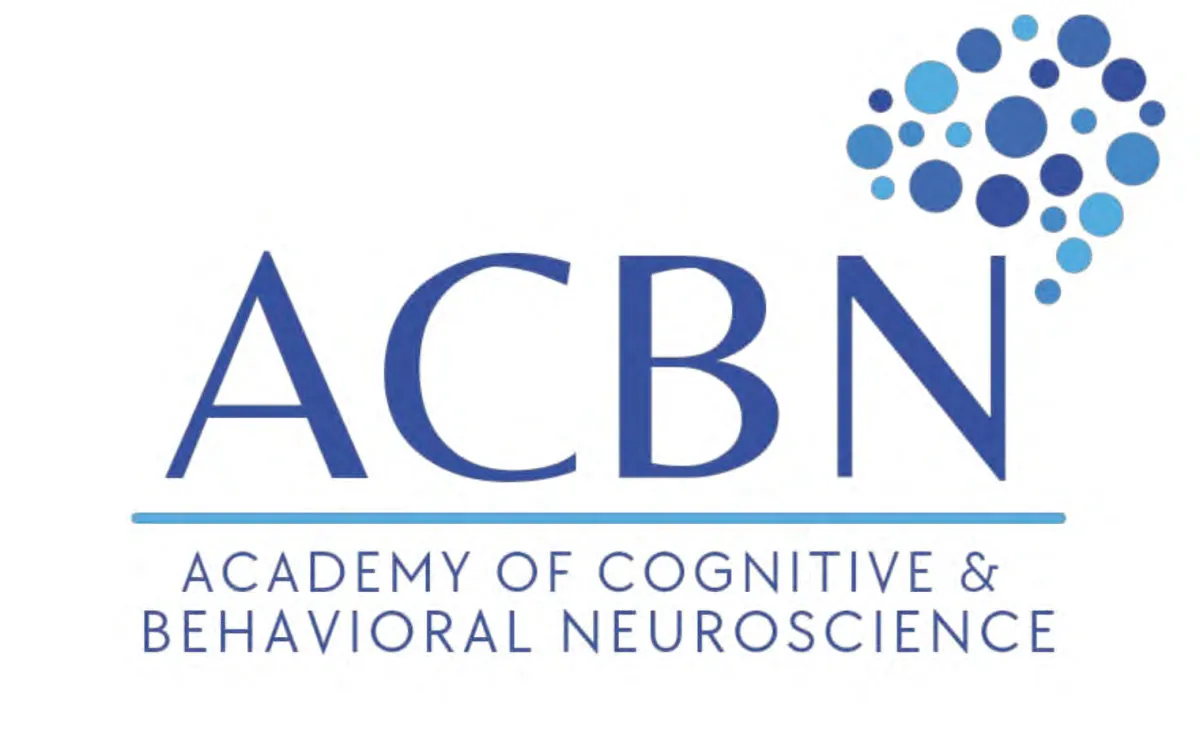
Welcome to Neuroscience Nuggets, your treasure trove of brain science knowledge designed to unlock the secrets of personal and professional growth! If you've ever been curious about the power of the brain and how it influences our thoughts, emotions, and behaviors, you're in the right place!!
Neuroscience, the captivating study of the brain and nervous system, offers a goldmine of insights to enrich our lives and those of our clients. At Neuroscience Nuggets, we're dedicated to making brain science approachable, exciting, and applicable in all aspects of your journey. Whether you're seeking to nurture your own well-being or enhance your professional practices, our nuggets of wisdom will equip you with practical tips, strategies, and evidence-based approaches to empower yourself and your clients.
Join us as we embark on an exhilarating adventure into the realm of neuroplasticity—the brain's remarkable ability to change and adapt. Together, we'll explore how harnessing neuroscience can lead to personal fulfillment, enrich your relationships, and supercharge your professional impact. So, grab your pickaxe and get ready to dig deep into the world of neuroscience nuggets. Let's unlock the untapped potential of the brain and unearth the pathways to personal and professional growth together. 🌱🌟

The Science of Staying Focused: How to Train Your Brain for Better Attention and Clarity
Have you ever sat down to work only to find your brain sprinting in every direction except the task at hand? You’re not alone. In a world filled with pings, pop-ups, and pressure, staying focused has become one of the most valuable (and elusive) mental skills.
But here's the good news: focus isn't just a personality trait. It's a trainable brain function—one grounded in neuroscience and strengthened through practice, environment, and even small lifestyle tweaks.
Let’s unpack how attention works in the brain, what gets in its way, and how you can build your focus like a mental muscle—so you can get more done with less stress.
💡 Why Focus Matters (More Than Ever)
Focus isn’t just about getting through your to-do list. It’s foundational for higher-order thinking: decision-making, memory consolidation, emotional regulation, and creativity all depend on your brain’s ability to stay with a task or thought long enough to see it through.
Neuroscientifically speaking, concentration involves the prefrontal cortex—a part of your brain responsible for executive function, including working memory, planning, and impulse control. When you improve your ability to focus, you're essentially optimizing the brain’s control center, giving you greater mental clarity and control over your actions.
Over time, sustained attention builds stronger neural networks through a process known as neuroplasticity. That means the more you practice focusing, the easier it becomes—kind of like strength training for your brain.
🧘♀️ Start with These Focus-Boosting Habits
Here are several tried-and-true strategies to enhance your focus, supported by both research and real-life application:
1. Practice Mindfulness—Yes, Really
Even just 5–10 minutes of daily breath-focused meditation has been shown in brain imaging studies to increase gray matter in areas related to attention and emotion regulation. Think of it as a daily tune-up for your prefrontal cortex.
Try this: Close your eyes and focus on your breath. Each time your mind wanders, gently bring it back. That simple act—catching the drift and returning—is the core of attention training.
2. Work in Sprints
The brain naturally works in cycles of high and low alertness. The Pomodoro Technique—working for 25 minutes followed by a 5-minute break—is especially effective for maintaining sustained attention and avoiding burnout. You can gradually build up to longer sprints if needed.
3. Move Your Body
Physical activity increases blood flow and neurochemical activity in the brain, including dopamine and norepinephrine—two key players in attention and motivation. Even a brisk 10-minute walk can give your brain a focus reset.
4. Prioritize Sleep and Fuel
Sleep deprivation impairs attention and memory. Nutrition matters, too: your brain needs omega-3s, antioxidants, and steady glucose levels to function optimally. Dehydration, blood sugar crashes, and processed foods can all make it harder to concentrate.
5. Splashing cold water on your face can offer a quick reset for focus
I was recently featured in Parade Magazine to share my expert opinion on how something as simple as splashing cold water on your face can actually help improve focus—and the neuroscience behind it.
Yes, it’s real. And yes, it works. 💧🧠
Click below to read the full article and discover the science of staying sharp:
👉 'I’m a Neuroscientist, and This 10-Second Habit Can Instantly Boost Your Focus'
🚫 What to Avoid If You Want to Stay Focused
Sometimes, it’s not about doing more—it’s about removing what gets in the way. Let’s talk focus thieves:
❌ Multitasking
You might feel productive juggling three tasks, but your brain is actually switching rapidly between them, draining cognitive resources and increasing error rates. Studies have shown multitasking reduces productivity by up to 40% and increases mental fatigue.
❌ Smartphones & Social Media
The dopamine hit from a like or notification trains your brain to crave novelty. Over time, this rewires your attention span toward distraction. Out of sight, out of mind—put your phone in another room, or use apps like Forest or Flora to stay off it during focused work.
❌ Unclear Goals
If your brain doesn’t know what it’s aiming for, it will flit between tabs, thoughts, and tasks. Create clear, behaviorally defined goals like “Outline the blog intro” instead of “Work on blog.”
❌ Sensory Overload
Too much noise, clutter, or visual stimulation? That’s extra cognitive load your brain has to manage. Try noise-canceling headphones, a clean workspace, or background tools like Brain.fm to create a focus-supportive environment.
😰 Stressed Out? That’s a Focus Killer.
Stress floods your system with cortisol, which impairs memory and attention by disrupting activity in the hippocampus and prefrontal cortex. To sharpen your focus, reducing stress is non-negotiable.
Try:
Box breathing: Inhale for 4, hold for 4, exhale for 4, hold for 4. Repeat.
Progressive muscle relaxation: Tense and release muscle groups, one at a time, to calm the nervous system.
Time in nature: Even short exposure to green spaces has been shown to replenish depleted attention systems.
At the Academy of Cognitive and Behavioral Neuroscience, we teach the science behind these techniques and help individuals and organizations create stress-resilient, focus-rich environments through customized workshops and consultations.
👉 Check out the Stress and the Brain mini-course from The Academy of Cognitive and Behavioral Neuroscience for a deeper dive into the neuroscience of stress and ways to mitigate the negative consequences of stress in your life.
🛠️ Tools to Build Your Focus Ecosystem
A few brain-friendly tools to consider:
Forest / Flora: Gamified apps that grow a virtual tree while you stay off your phone.
Time-blocking planners: Plan your day in chunks to avoid decision fatigue.
Brain.fm: Music designed to optimize brainwave activity for deep focus.
Noise-canceling headphones: Especially helpful in open offices or busy homes.
Final Thoughts: Focus Is a Skill, Not a Fluke
Improving your focus isn’t about superhuman willpower—it’s about creating the right conditions for your brain to thrive. That includes daily habits, intentional breaks, digital boundaries, and yes, understanding how your brain actually works.
Want to learn more about how to optimize your cognitive performance?
🔹 Book a discovery call for individual consultations
🔹 Invite me to speak at your next wellness, leadership, or mental performance event
🔹 Or better yet—enroll in our one-of-a-kind Certification Programs in Cognitive and Behavioral Neuroscience at The Academy of Cognitive and Behavioral Neuroscience
We’ll help you go from distracted and drained to focused and thriving—with neuroscience as your guide.

Meet Your Blogger
Dr. Hayley Nelson earned her PhD in Psychological and Brain Sciences from The Johns Hopkins University, is a tenured professor of Psychology in the Philadelphia area, and is an international speaker. She has over 20 years of teaching experience with students from diverse backgrounds, has several peer-reviewed research publications and previous research and faculty appointments with The National Institutes of Health, The Johns Hopkins University, and The University of Pennsylvania.
If the idea of learning about the brain and neuroscience feels overwhelming and intimidating, Dr. Hayley is the perfect neuroscientist for you. She's a busy mom of 2 with a great sense of humor, and she prioritizes bringing some fun and compassion to a field that can feel a little "hardcore". You can expect lots of real world experiences and examples and an open, caring learning environment where there are no stupid questions. Listening to one of Dr. Hayley's discussions feels more like a conversation with a family member (a really smart family member).
By creating the Academy of Cognitive and Behavioral Neuroscience, Dr. Hayley Nelson combined her knowledge of the human mind and brain health with her passion for education, teaching, and consulting to truly make neuroscience approachable. Her students learn easy-to-swallow knowledge of how the brain works in real-life situations and are armed with an education in a subject they can use literally every single day. Not only that, they gain the power to serve their clients better and create an environment for their communities to thrive.
Dr. Hayley's Featured Contributions, Publications, and
Faculty & Research Appointments

With a Certification in Cognitive & Behavioral Neuroscience, you will gain the confidence to speak with authority about HOW & WHY what you teach your clients actually works.
Neuroscience feels intimidating, and perhaps you've always thought that you're not positioned to be an authority on the science behind what's happening in your client's brain. Dr. Hayley Nelson founded the Academy of Cognitive & Behavioral Neuroscience, and she designed this Certificate Program with one goal in mind:
To make neuroscience approachable for professionals who want to distinguish themselves from others in their field with a unique and comprehensive understanding of the latest research and innovative techniques in neuroscience, and earn a highly respected certification in cognitive and behavioral neuroscience that sets them apart as a true expert in their field.
After completion of the certificate, students will uncover a newfound sense of confidence and neuroscience knowledge, will stand out in their industry by offering something unique to their clients, gain credibility, better serve their existing clients, and be positioned to take on more clients best suited for their programs.
Have questions about the Certification Programs from Dr. Hayley and
The Academy of Cognitive and Behavioral Neuroscience (ACBN)?
Want to book a 1-on-1 Office Hour consultation with Dr. Hayley?
Want to See What it's Like to Learn from Dr. Hayley?
Want to Stay in the Loop with Dr. Hayley and ACBN?
Connect directly with Dr. Hayley!
Click the blue chat bubble in the right-hand corner of the screen to get in touch with me, or connect with me on social media.





